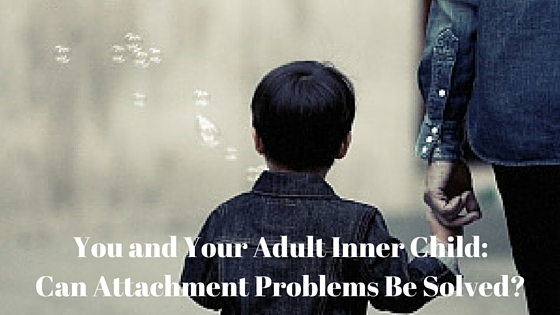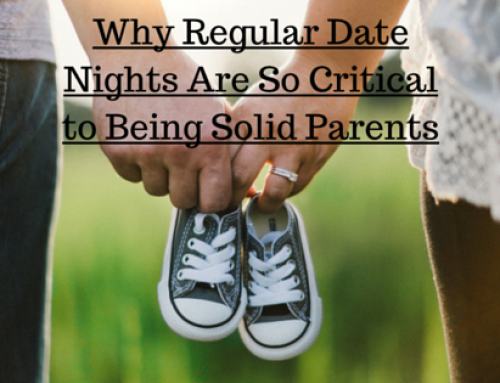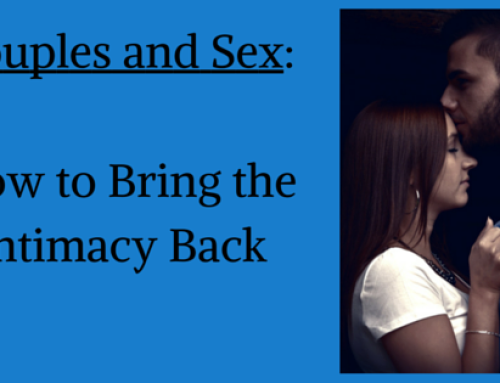“The best years of your life are the ones in which you decide your problems are your own. You do not blame them on your mother, the ecology, or the president. You realize that you control your own destiny.” ~ Psychotherapist Albert Ellis
Are you struggling to sustain adult relationships? Do you wonder why it’s so hard?
Do you look back on the march of people through your life that you pushed away or clung to and wonder what’s wrong? Why can’t you love the way you want to?
Now consider your childhood.
What do you remember about your relationship with your parents? Were there warm, safe feelings? Did you feel alone and detached? Were you confused or afraid?
Do you have children now? What would they say about their attachment to you?
Acknowledging Attachment Problems
Recognizing that attachments play a crucial role in the formation of a person’s mind and personality, some adults may need to take steps to “earn” secure attachment in order to approach relationships differently and solve attachment challenges.
Re-parenting Yourself, in Relationship
A secure attachment is so important to your future relationships that you may need to embark on a journey of re-patterning your insecure attachment, for yourself. Finding a therapist who is skilled in attachment work can help you to create a critical bridge between the younger version of yourself, whose needs were not met as well as they might have been, and your adult self, who will do the re-parenting of you.
By taking responsibility for this core need, and reaching out for support, you may be able to fill attachment gaps or reconstruct them. It is a process of caregiving for both the person you are, and the person you want to be: someone self-responsive and self-accepting, with a remodeled brain and heart, capable of completely new types of relating.
Earning Secure Attachment
Fortunately for people with insecure attachment styles, research tells us that the brain structure can be molded and changed to accept new ways of thinking. This brain plasticity is key to remaking the manner in which an individual attaches to people.
Understanding the value of secure attachment and taking responsibility for a remodeled sense of personal identity helps adults accomplish earned secure attachment in the following ways:
*Earned secure attachment becomes an external process
The consistent attunement, affection, and empathy that would ordinarily be established by a caregiver must be established in adult life. Generally, the following steps are necessary:
1. Acknowledgement of insecure attachment patterns.
2. Sharing of attachment stories and behaviors with a therapist, support group, or other highly-attuned support people.
3. Working toward accurately identifying and expressing emotions in yourself and others, like sadness or anger.
4. Learning to slow down in connection to others – responding from a more resourced place, rather than reacting.
*Earned secure attachment becomes an internal process
The security, relief, and sense of identity that allows a person to build adult relational confidence and self-esteem can be created internally, resulting from a reparative relationship with someone who is attuned to you. Generally, the following steps must occur:
1. Recognition of self-contempt and shame-inducing thoughts and perceptions takes place. These are healed through feeling accurately seen and appreciated in relationship.
2. Learning to pay attention to emotions, finding ways to self-soothe, and practicing self-attunement internally. You become more aware and less reactive.
3. Developing the body experience of what secure attachment feels like, so that your nervous system can settle, and you can enjoy relationships more easily.
4. The neo-cortex of the brain actually creates fresh neural pathways as a result of attempts to integrate new ways of attaching. The brain functions differently in response to perceived pain and discomfort, joy, love, and connection.
Attachment theory pioneer and researcher Dr. Mary Main noted that earned secure attachment becomes possible as you are able to determine a coherent, truthful narrative of your attachment past and the players involved, decentralize those events in your life, become capable of consistently reflecting on your own feelings, and develop a sense of mastery regarding your beliefs and responses to past and present relationships.
It is often hard work, but entirely possible with the right support. And it is infinitely rewarding.
The beauty of earned secure attachment is that it provides an attachment makeover of sorts for adults. By healing your attachment wounds in an authentic, attuned, adult relationship, you can effectively re-parent yourself, and re-pattern your relational experiences.
What once seemed an immovable obstacle to relationships is changeable. You can change.
With the help of a compassionate therapist, genuine intimacy and closeness are within reach.








Leave A Comment